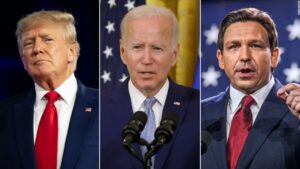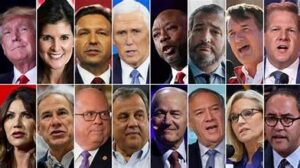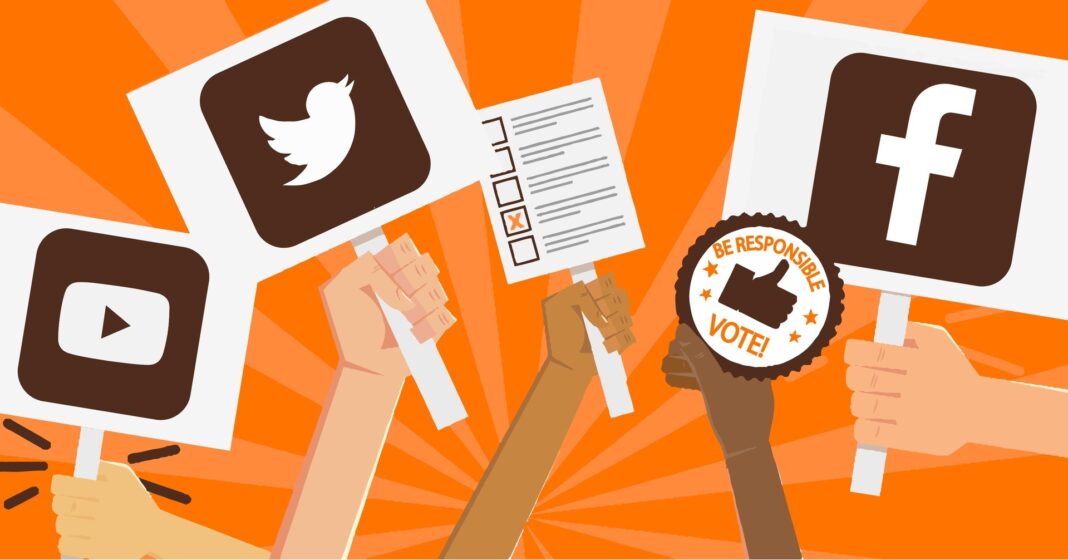
As the 2024 election cycle heats up, the interplay between election rumors and media influence is becoming increasingly significant. Understanding how these elements shape the election narrative is crucial for both voters and analysts. This article delves into the dynamics of election rumors, the role of media in amplifying these rumors, and the implications for the democratic process.
The Role of Election Rumors
Election rumors often emerge from various sources, including political activists, partisan media, and social media platforms. These rumors can range from speculative allegations to outright falsehoods. The intention behind these rumors can be varied: some aim to discredit opponents, while others may seek to sway public opinion or stir controversy.
- Sources of Election Rumors:
- Political Campaigns: Opposing campaigns might spread rumors to undermine their rivals. These rumors can be based on partial truths, exaggerations, or entirely fabricated information.
- Social Media: Platforms like Twitter, Facebook, and Instagram are breeding grounds for rumors. The rapid spread of information, combined with the algorithms that promote sensational content, makes social media a powerful tool for rumor dissemination.
- Anonymous Leaks: Whistleblowers or insiders might leak information that fuels rumors. While some leaks may be genuine, others might be strategically timed to influence public perception.
- Impact on Public Perception:
- Shaping Opinions: Rumors can shape how voters perceive candidates and issues. Even if the rumors are debunked, they can leave a lasting impression on the public.
- Creating Divisiveness: Rumors can exacerbate political polarization by reinforcing existing biases and creating a more contentious political environment.
Media Influence on Election Narratives
The media plays a crucial role in shaping the election narrative. From mainstream news outlets to independent bloggers, the media can amplify or downplay the impact of election rumors. Understanding this influence involves examining the following aspects:
- Media Coverage:
- Selection Bias: Media outlets may choose which rumors to cover based on their editorial stance or audience preferences. This selection process can influence which rumors gain traction and which are ignored.
- Framing: How the media frames a rumor can affect public perception. For instance, presenting a rumor as a serious allegation versus a baseless claim can alter its impact on voters.
- The Role of Sensationalism:
- Clickbait Headlines: To attract readers, media outlets might use sensationalist headlines that exaggerate the importance of rumors. This practice can skew public understanding and generate more controversy.
- Expert Analysis: Media coverage often includes expert opinions that can either debunk or reinforce rumors. The credibility of these experts and their potential biases can affect how rumors are perceived.
- Social Media and Traditional Media Integration:
- Amplification: Social media can amplify rumors that traditional media might overlook. This integration creates a feedback loop where rumors gain visibility and credibility through repeated exposure.
- Verification Challenges: The speed at which information spreads on social media makes it challenging for traditional media to verify facts before reporting. This can lead to the unintentional spread of misinformation.
The Impact on the Democratic Process
The influence of election rumors and media coverage can have profound implications for the democratic process:
- Voter Behavior:
- Decision-Making: Rumors and media narratives can influence how voters make decisions. Misleading information can lead to uninformed voting choices, undermining the democratic principle of an informed electorate.
- Engagement: The prevalence of sensationalized rumors can either increase political engagement by sparking discussions or discourage participation by creating skepticism about the electoral process.
- Election Integrity:
- Misinformation Campaigns: Persistent rumors can contribute to misinformation campaigns that undermine confidence in the electoral system. This can lead to challenges in maintaining election integrity and trust in democratic institutions.
- Regulatory Responses: Governments and regulatory bodies may need to address the spread of misinformation through new policies or regulations. Balancing free speech with the need to prevent harmful misinformation is a complex challenge.
Strategies for Navigating Election Narratives
For voters, understanding and navigating election narratives requires critical thinking and media literacy:
- Verifying Information:
- Cross-Referencing: Check multiple sources to verify the accuracy of information. Reliable news sources and fact-checking organizations can provide context and clarify misinformation.
- Understanding Bias: Recognize the potential biases of sources and consider how these biases might shape the presentation of information.
- Engaging Responsibly:
- Avoid Spreading Rumors: Refrain from sharing unverified information. Spreading rumors can contribute to misinformation and further polarize political discourse.
- Promoting Constructive Dialogue: Engage in discussions that focus on facts and constructive debate. Encouraging a fact-based dialogue can help counteract the influence of misleading rumors.
Conclusion
The interplay between election rumors and media influence is a critical aspect of the 2024 election narrative. As rumors proliferate and media coverage shapes public perception, it is essential for voters to approach information critically and responsibly. By understanding the dynamics at play, individuals can make more informed decisions and contribute to a healthier democratic process.


